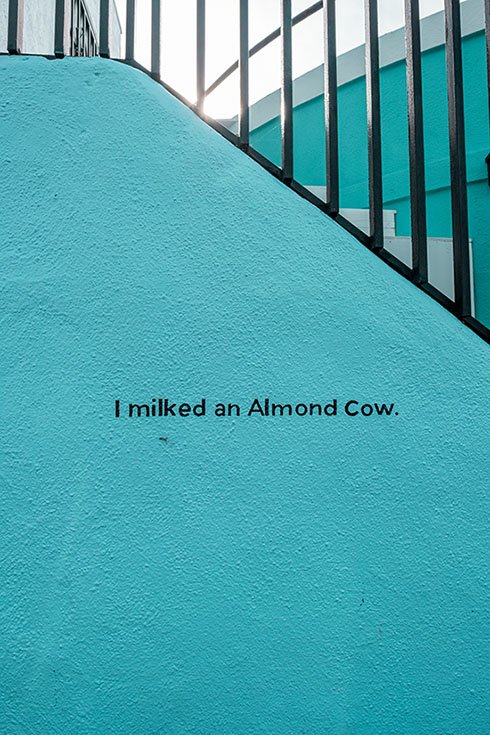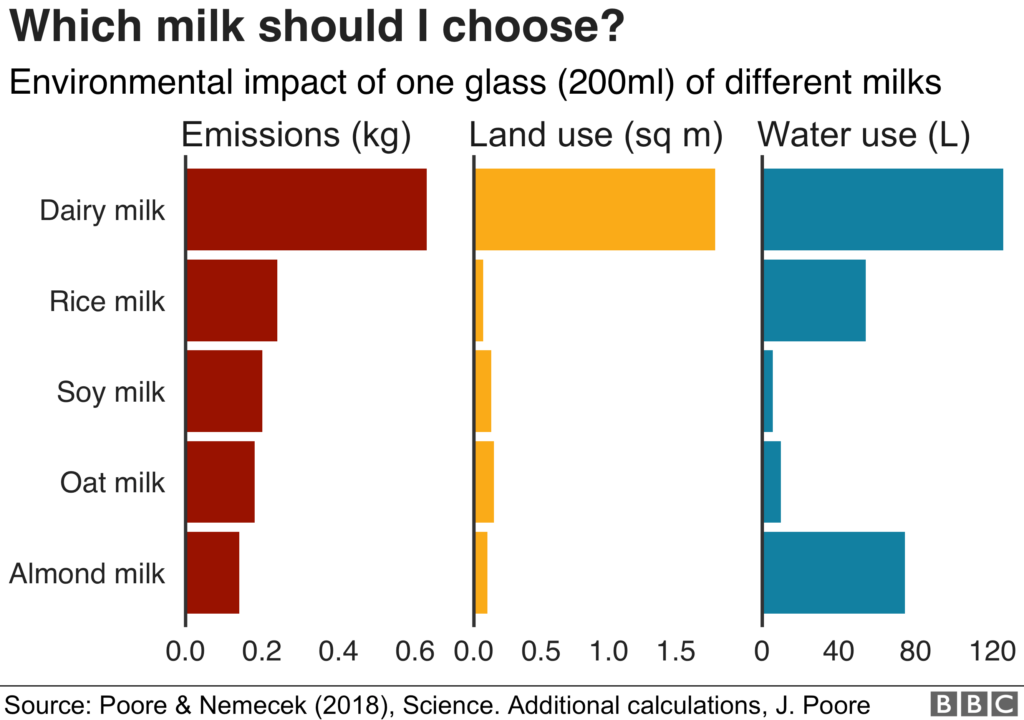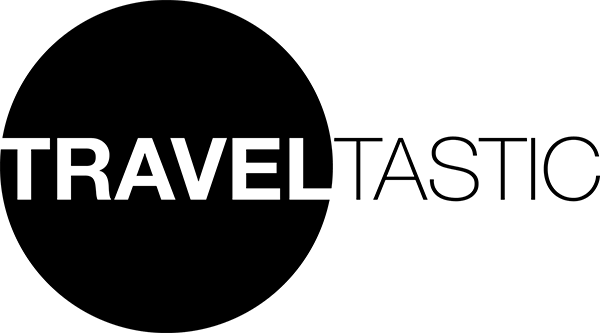This post is also available in: Deutsch
GENERATION… NICE TO MEET YOU
January 2019: I am now part of the #postmilkgeneration. And therefore one of many. One of many proud fish swimming with the vegan trend current. Yeah, veganism is booming. And it’s a damn good omen for the future of mankind.
Is vegan the new vegetarian?
Being a vegetarian is – and has always been – normal. There was no need to lose a word about it. Almost every restaurant offers vegetarian menus. And even grandparents have no problem serving veggie burgers for the grandchild in addition to the traditional Sunday Roast.
I have been on a vegetarian diet for over 10 years. Why? I am anti-mass animal husbandry and (currently) could not shoot at a living being with a beating heart.
The difference between us and them – the animals – is just too small for me.

Vegans… they’re these pale super-ecos and radical peta supporters. Too eco and radical for the German average, like me – this is what I used to think.
And did I actually have a good reason to live vegan?
Milk is healthy and no animal has to die for giving us humans milk.
If you believe Instagram vegans today are slim, healthy, beautiful, inspiring, do-gooders with top blood values. It’s an attractive club.
It is not a long way from being vegetarian to becoming vegan. In fact, the path is so short that I seriously wonder why I didn’t give it a chance much earlier.
“I could never do without cheese!” – a statement that echoes softly in my distant memory.
Vegan thanks to food supplements? Not quite!
You only learn what you can do without when you actually start doing it. Thanks to the vegan boom, I can now say: To do without cheese is really easy peasy! In almost all supermarkets you can find every milk alternative that a normal weekly meal plan demands. Vegan pizza, vegan cheese, vegan chocolate, vegan cookies and baked goods – no problem and equally delicious. A bit more expensive, but that only has a positive side effect on my chocolate addiction.
Apart from my seemingly endless passion for cheese, until recently I also lived in the belief that my body (for example my bones) needed animal proteins. Since my childhood, I had internalized the words of my parents and believed in drinking a glass of milk every morning for health reasons. It’s good for your bones, right? I have always found pure milk in the early morning disgusting. For many years the daily milk intake was a regular morning argument in our family.
When I became pregnant and, like many first mums, did not want to allow myself to make a mistake, I turned my back on vegetarianism. Iron deficiency etc. – is nothing unusual during pregnancy. I had no desire for food supplements and their possible side effects. Until then I had always had top blood values. No doctor had ever been able to see that I was eating meat-free. Nevertheless, I did not want to take any risks, having been brainwashed by family doctors for my whole life. 3 months after the birth I had folic acid deficiency. Despite eating burgers every week. However, the result was not really surprising to me: exchanging burgers for veggie bowls had honestly not seemed right from the start anyways.
I immediately changed my diet again. A second blood test came back inconspicuously. At about the same time I came across How Not to Die by Dr Michael Greger and his cookbook. Please read it! This book has turned my beliefs about what our western health care system (does not) do completely upside down. My concept of what a balanced diet is got an irrevocable update. The admittedly very scientifically constructed tome does not drum “you must live vegan” – and yet it hardly allows any other conclusion.
Why do we drink milk?
While Luan was blissfully nursing, I lay awake at night thinking about this question. Like me and all other mammals, cows produce milk for their babies. I had never thought about it like this before, but now that I was milking myself, it suddenly seemed strange to me to still drink milk full of growth hormones as an adult. And more so: From a foreign mammal. From another exploited mother turned into a milk machine. Peta sends its regards.
Where does our milk come from?
1. from dairy cows bred for high performance
Normally a cow produces 8 litres of milk per day. Today, some cows manage up to 50 litres.
2. dairy cows are often treated with antibiotics…
and fed with unnatural concentrated feed made from grain, corn and soya. Udder diseases, abomasal displacement, lameness or fertility problems are therefore not uncommon. The bacteria also remain in the milk we consume. In Germany there is a guideline limit on how high the proportion of these bacteria may be per millilitre. Nevertheless, the bacteria are still contained in the milk.
3. our milk is the milk of calves…
which are removed from the mother’s cows within the first hours of life after nine months of gestation. Calf and mother cow continue to scream for each other for days. And the calves’ further fate looks anything but rosy (more about this on the peta page linked below).
4. the vast majority of dairy cows spend their entire lives in the barn…
tied up on concrete floors. Sorry, whole life is probably misleading here. A dairy cow becomes worthless and slaughtered after four or five years. The life span of a cow in the “wild”, on the other hand, is 20 years.
Milk under the health loupe
Dr Michael Greger presents studies that link dairy products to the following (common) diseases
- asthma
- high blood pressure
- acne
- impotence
- premature puberty
- cancer (especially prostate cancer)
- bone and hip fractures
untimely death - heart diseases
- flatulence
- Parkinson’s and Huntington’s disease
Given the origin of our milk, no wonder, right?
Kind of logical that milk can’t do us any good, right?
It remains scientifically proven: animal milk makes us sick. And it harms our environment, too.
Besides:
#yournota-babycowbro
Milk and its ecological footprint
Climate change cannot be tackled without considering a change of system in the dairy and meat industry. Cow’s milk simply put has the ecological footprint of a dinosaur compared to vegetable milk.
And I’m speaking of dinosaurs in hope…
that the dairy and meat industry in its present form will one day be extinct. According to the factsheets of the Heinrich Böll Foundation, this would also be urgently necessary to ensure the survival of our species.

The five largest meat and dairy companies alone emit more greenhouse gases than Exxon, Shell or BP.
In other words, the 20 largest meat and dairy companies emit more than Germany.
If one takes a look at the forecast growth of the meat and dairy industry, the goals of the Paris Climate Agreement look quite dark. In 2050, unregulated growth in these industries would mean that they alone would be responsible for 81% of the maximum permitted emissions worldwide.
Can veganism save the world?
Of course not. Maybe if everyone joined in. Maybe. To say it with Robert Musil: “Where there is a sense of reality, there must be a sense of possibility”. Without state regulation, even the 100% environmentally conscious private individual – even in millions – is ultimately nothing more and nothing less than an important signpost.
My every action has an effect. However small and invisible it may be.
I believe my impact exists. And if not… there is still my conscience – it makes me (and apparently a whole generation) feel guilty about being part of something that is incompatible with our ethical convictions. The end.



Leave a reply